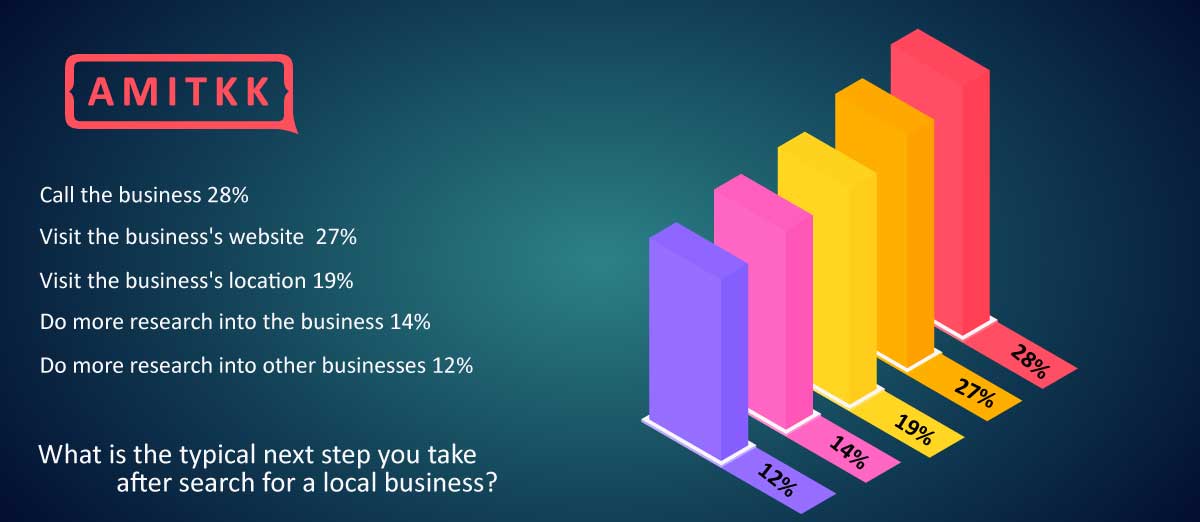Are you looking for a simplified version to understand keyword research? Were you tired of finding the perfect SEO keyword research tool? Need help with selecting keywords for SEO? Well, if so, we have got you the best lead from elementary to success, along with all the details related to all the SEO keyword research tools, their importance, and how the perfect keyword research can get you the most traffic from Google on your website.
The perfect keywords are always the primary step for getting traffic from Google. But to use the ideal keyword, we have to understand the meaning and usage of keyword research.
What is Keyword Research?
Keywords are usually the words that are typed into search engines. These are commonly called SEO Keywords. Uniting the name keyword and research, we get the term "Keyword Research. "Keyword Research means that keyword research simplifies our targeted clients' language while looking for your objects. At that point, it implies exploring, looking at, and organizing the best keyword open doors for your site.
In other words, it is the way to find search terms that people go into the website SEO. Catchphrase exploration can unfold questions to focus on, the fame of theories questions, their placing issues, and then some.
What is the importance of Keywords?
Keyword research gives an essential understanding of the queries that your intended interest group is looking for on Google. The knowledge you can get into these real pursuit terms can help explain your content system just as your big showcasing way. Notwithstanding, research keywords themselves may not be necessary to SEO as prime, you may suspect.
Catchphrase research is the best way to classify what people look into on the web. Numerous site proprietors commit that error, and it's a substantial piece of the inspiration behind why 90.63% of pages get no traffic from Google.
Keyword research mentions what topics individuals find and care about, expecting you to use the privileged SEO tools and how well-known those subjects are among your crowd. The usable term here is subjects - by exploring keywords that are getting a high volume of searches every time, you can distinguish and categorize your matter into themes you need to write content. You can then utilize these topics to direct which keywords you search for and target.
You can handle user queries by finding keywords for their prominence, search volume, and brief idea.

How to Research Keywords for SEO Strategy
Small Keywords
The cornerstone of the keyword analysis method is seed keywords. They describe your niche and assist you in recognizing your rivals. Each keyword research tool requests a seed keyword, which it then uses to build a massive list of keyword ideas (more on that shortly).
Developing seed keywords is easy if you already have a product or company you want to advertise online. To find what you sell, think about what individuals type into Google.
Competition
Knowing where catchphrases send traffic to your rivals is usually an ideal start to begin keyword research. On the whole, you need to find your competitors. That is the place where your conceptualized rundown of keywords proves to be helpful. Scan Google for one of your seed keywords and see who positions on the first page.
Keyword Research Tools
Competitors can be a great source of ideas about keywords. But there are still plenty of keywords that your rivals are not attacking, and you can use keyword analysis tools to find these.
Keyword analysis methods all function in the same manner. You plug a seed keyword in, and, based on that keyword; they pull keyword ideas from their database. The most well-known keyword tool is Google Keyword Planner. It's free to use, and while it's for advertisers, you can also use it to find SEO keywords.
There are many other free keyword research resources outside the Keyword Planner. These are nice if you're on a budget, but because their purpose is to turn you into a paying customer, you will soon realize that they are all very limited in their data and functionality.
You can skip the free tier if you're serious about keyword research and use a 'professional' tool like Ahrefs' Keywords Explorer.

A Brief Overview of how Keyword Explorer Functions
Coordinating Phrase: keyword thoughts containing the catchphrase 'seed' without assurances. For example, if your seed watchword is "PC seat," "dark PC seat" will be a match at that point. Nonetheless, "dark seat for PC" does not, although the two terms are still included.
Similar Terms: Keyword ideas in every request include all individual words from the 'seed' watchword. For example, in this report, "PC seat" will appear on the off chance that your seed watchword is "dark seat for PC" at that stage.
Know Your Slot
The type of cycle holds you "in the container." It is constrained by your tiny keywords and the size and novelty of your picked catchphrase unit's knowledge base. You'll be more likely than not to skip any bright thoughts along these lines.
Besides, a strong starting point is to explore business debates, meetings, and Q&A destinations. It will allow you to find more stuff that your potential customers are grappling with that has yet to appear on catchphrase devices and that none of your rivals tried to cover.
How to find and select the perfect keywords for your website?
Many keywords are always open, but only the best one puts your content in a different direction. Analyzing each keyword in a haystack would be like locating a needle! We have a few steps to finding the right keyword for your website to make things easier.
We use SEO strategies before applying them to the prescription plan to narrow things down and distinguish the best product from the refuse.
Clicks
Many people will search Google for anything, but they still need to get all snap-on question items and access the top-level sites. That is the position where the Keywords Explorer Clicks metric proves to be helpful. It shows the month-to-month average number of taps on the watchword list products.
Keyword difficulty
Website design optimization specialists usually physically calculate the placement problem of a keyword. That is, for their goal keyword, by taking a gander at the highest level pages. To determine how difficult or easy it will be to rank, they represent a wide range of elements:
- Number of backlinks (and nature)
- The length of text, appropriateness, novelty
- Usage of the target keyword, corresponding terms, substances
- Goal of Quest
- Marking
Cost per Click (CPC)
Cost Per Click shows how much publicists are eager to pay for every advertisement click from a watchword. It's more measurement for promoters than SEOs. However, it can fill in a helpful intermediary for a catchphrase's worth.
How to Choose Keywords for SEO?
The best watchwords for your SEO system will consider pertinence, authority, and volume. It would be best if you discovered profoundly looked through keywords that you can sensibly go after dependent on:
- The degree of rivalry you're facing.
- Your capacity to deliver content that surpasses in quality what's at present positioning.
- Best SEO keyword research tools
- Before ending, we have a list of a few excellent keyword research tools:
Google Keyword Planner
This SEO keyword research tool is free to use for everyone. It always provides its customers with the latest CPC values. It is also the most preferred keyword research tool because it has unique keyword suggestions.
Google Trends
This keyword research tool is also free and is mainly preferred due to its latest trend comparisons.
Ahref'S Tools
For finding the keywords, your content ranks along with all the other research metrics, such as traffic potential, search volume, keyword difficulty levels, etc.
Summarizing with Keyword Research Tips
Always know your audience. Focus on the keywords which you are targeting. Most importantly, know the winning keywords used by your competitors. The knowledge of basic concepts is essential for planning content strategies. More in-depth knowledge and understanding are necessary if your content stands out and ranks on search engines.



















 Digital Marketing Company In Delhi
Digital Marketing Company In Delhi  Seo Company In Delhi
Seo Company In Delhi  Social Media Marketing Agency
Social Media Marketing Agency  Technical Seo
Technical Seo  Digital Marketing In Noida
Digital Marketing In Noida  Seo Company In Noida
Seo Company In Noida  Digital Marketing In Gurgaon
Digital Marketing In Gurgaon  Seo Company In Gurgaon
Seo Company In Gurgaon  Seo Company In Bangalore
Seo Company In Bangalore  Seo Company In Chennai
Seo Company In Chennai  Seo Company In Kolkata
Seo Company In Kolkata  Seo Company In Pune
Seo Company In Pune 




